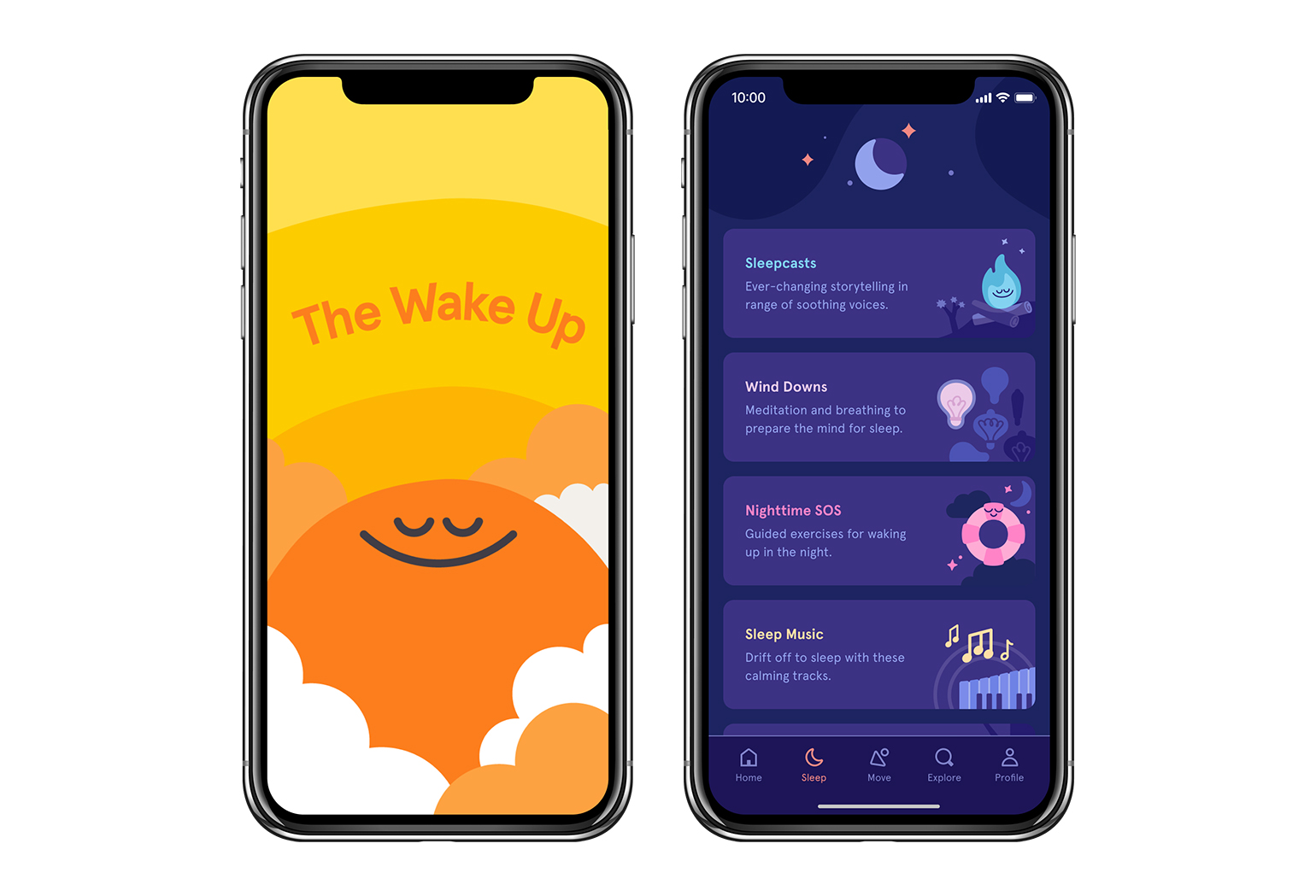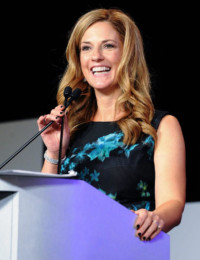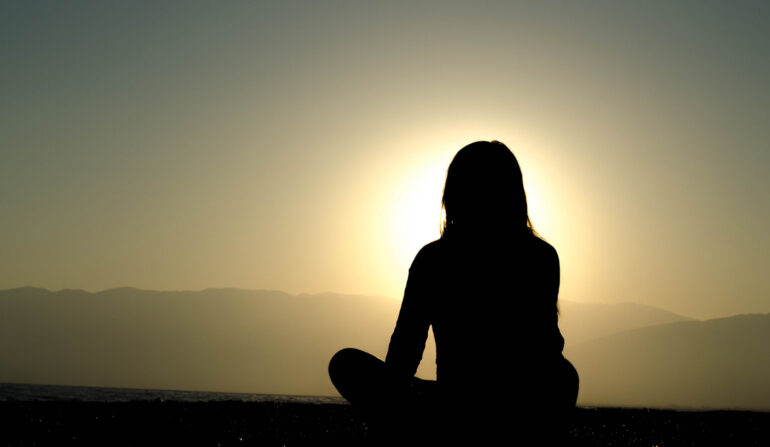As cities and states across the country announce shelter-in-place orders to flatten the curve of COVID-19, everyone is reminded that in crisis, individual responsibility is not trivial.
This collective crisis ushers in hidden invitations with the potential to illuminate ways our lives could be more congruent with our values and to accelerate social change.
A hidden invitation could be our leaders insisting we stay home, and we answer by falling back in love with our people. Or it could be we feel overwhelmed, and we focus that energy helping others—perhaps with fewer resources.
As a family therapist, I witnessed this ‘gift of crisis’ pattern happening over and over again.
I know a tragic story of a family of six returning from a family vacation. Fifteen minutes from their home, a car wreck killed their beloved 15-year-old daughter. The parents’ guilt and grief were paralyzing. Eventually they learned how to turn toward each other instead of away from each other in times of crisis; a lesson that carried them through other challenges in the coming years.
Hidden invitations are discovered when we claim space for self-reflection.
Some of us now have an unprecedented amount of time, while others will be hard-pressed to find even a moment as they juggle many responsibilities at once, working from home, while home schooling children.
Trying to commit to contemplation at this time can enable hard-fought shifts from what have become cultural norms, such as using busyness as a status symbol, or obsessing with image over authentic well being.
Author Isabel Allende writes of her journey of contemplation in the face of loss, “People have this idea that we come to the world to acquire things—love, fame, goods, whatever. In fact we come to this world to lose everything.”
When in crisis, here are certain questions that can arise. By attempting to answer them, the hidden invitation to interrogate and find solutions becomes evident and doable.
1. Can I reacquaint myself with stillness?
Temporarily released from busyness, it is possible to realign with purpose. Pico Iyer, author of The Art of Stillness, describes in his TED talk how learning to be still allowed him to sift through the slideshow of his experience and make sense of the future and past. Parker Palmer, author of Let Your Life Speak, cautions us that we are conditioned to “listen for guidance everywhere except for within.” His book title is inspired by the Quaker saying, “Before you tell your life what you intend to do with it, listen for what it intends to do with you.”
2. Can I broaden my view of who might need me and what it means to show up?
Mister Rogers’ famous advice was to look for the helpers during crisis. In the time of COVID-19, we are all the helpers. A text, a grocery run, a donation, an acknowledgement of what someone might be going through, act as lifelines. One practice encouraged by intuition expert, LaRue Eppler, is not to ignore it if you are wondering about someone or feeling an urge to connect. If you think it, act on it.
3. As the crisis deepens, and perhaps lessens, can I feel my capacity for compassion expanding?
Zen Priest, Joan Halifax, in her 2019 TED talk describes compassion as an inherent human quality that has to be activated. She explains compassion as the ability to see clearly into the nature of suffering and recognize that we are not separate from the suffering. Notably, given our current circumstances, compassion enhances our immune system.
4. What can I do every day to nurture quiet within me?
Our nervous systems struggle to go back to baseline in times of crisis. We can be feeding a fight or flight response, that is meant to last seconds to save our lives, for hours or days at a time if we don’t manage our internal world in the face of tremendous external stress. Mindful.org is offering free meditation resources, Ten Percent Happier has a free Coronavirus Sanity Guide, and Headspace.com has COVID19 specific stress management resources that are free. Yoga With Adriene, Faith Hunter, Brett Larkin, Black Swan Yoga and others are ensuring access to at-home yoga is accessible and affordable. Susan Kaiser Greenland, author of The Mindful Child, offers kid-friendly support in her app Stop, Breath, Think Kids.

5. How will I stand for change in a more embodied way on the other side of COVID-19?
Reverend William J. Barber, minister and political activist, sounds the alarm that we cannot go back to business as usual and return to apathy toward the larger moral crisis of poverty and inequality. He urges us toward a “collective oath that we won’t be silent anymore.” Specifically, he suggests that we demand what should have been in place for all Americans long ago—safety, housing and healthcare. Bryan Stevenson, founder of the Equal Justice Initiative, has four clear-eyed strategies to enact to be part of the solution. Get proximate to people who are suffering; change our narratives that sustain injustice; stay hopeful and do uncomfortable things.
None of this is easy. As author Kaitlin Curtice shared in a recent tweet, “Everything is exhausting right now. Light a candle and pause. Feel your breath. Believe in your rest as much as your work. Let the earth remind you what endurance looks like.”
Everything is exhausting right now.
Light a candle and pause.
Feel your breath.
Believe in your rest as much as your work.
Let the earth remind you what endurance looks like.— Kaitlin Curtice (@KaitlinCurtice) March 5, 2020
The space for self-reflection, rest and scanning the horizon for how we can come out stronger is a luxury and a privilege—and a responsibility those of us who are not first responders can shoulder. Many are dying and suffering economically and the crisis has not forced the world to hit bottom yet.
This global crisis is changing the world and—if we are lucky and can do our part—changing us for the better.
More from Better:
How to Safely Order Food During the Coronavirus Outbreak
Unsafe Social Distancing is Causing National, State and Regional Parks to Close All Over the Country
Love in the Time of Coronavirus: How to Stay Home Without Ruining Your Relationship
 Michelle Kinder is co-author of WHOLE: What Teachers Need to Help Students Thrive, Director of the Social Change Leadership Program at Stagen Leadership Academy, a Licensed Professional Counselor and a Public Voices Fellow through The OpEd Project.
Michelle Kinder is co-author of WHOLE: What Teachers Need to Help Students Thrive, Director of the Social Change Leadership Program at Stagen Leadership Academy, a Licensed Professional Counselor and a Public Voices Fellow through The OpEd Project.

